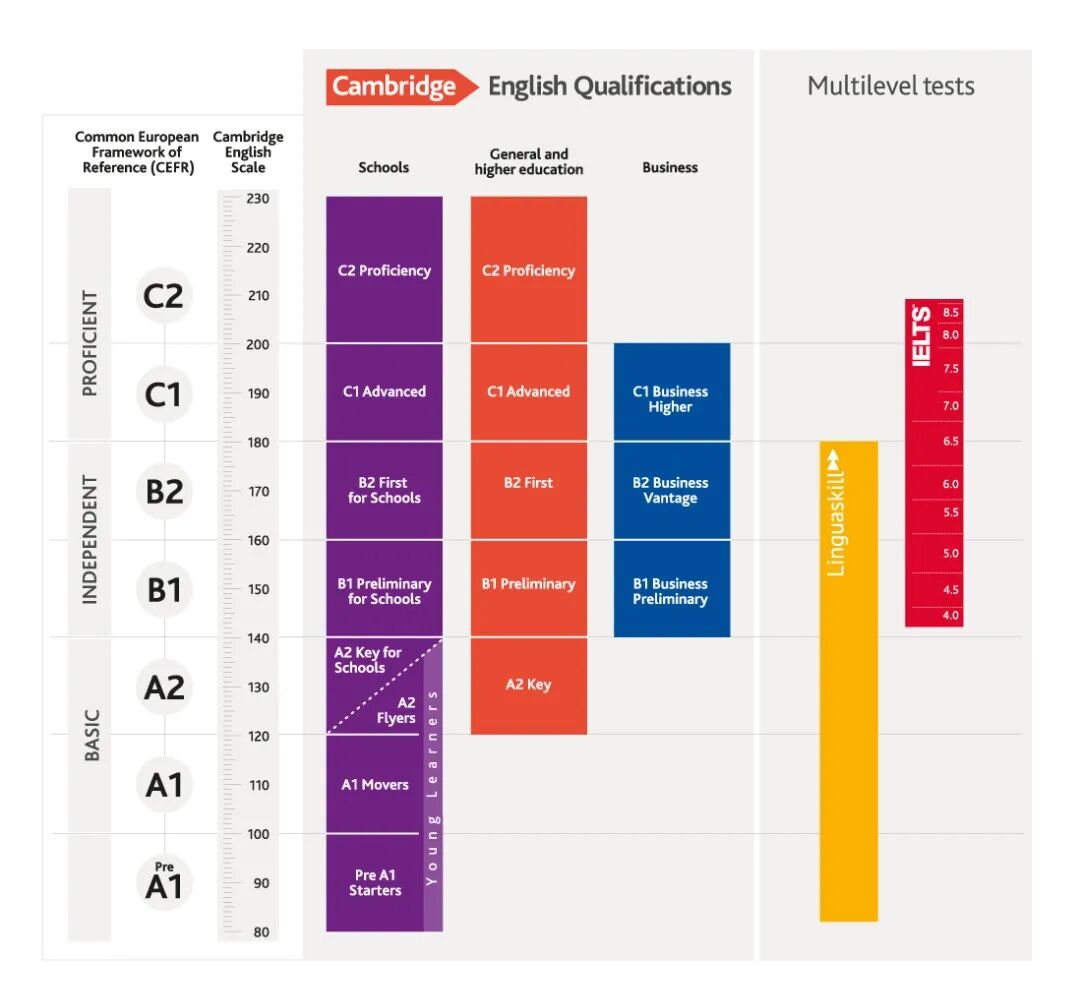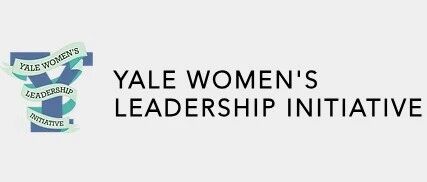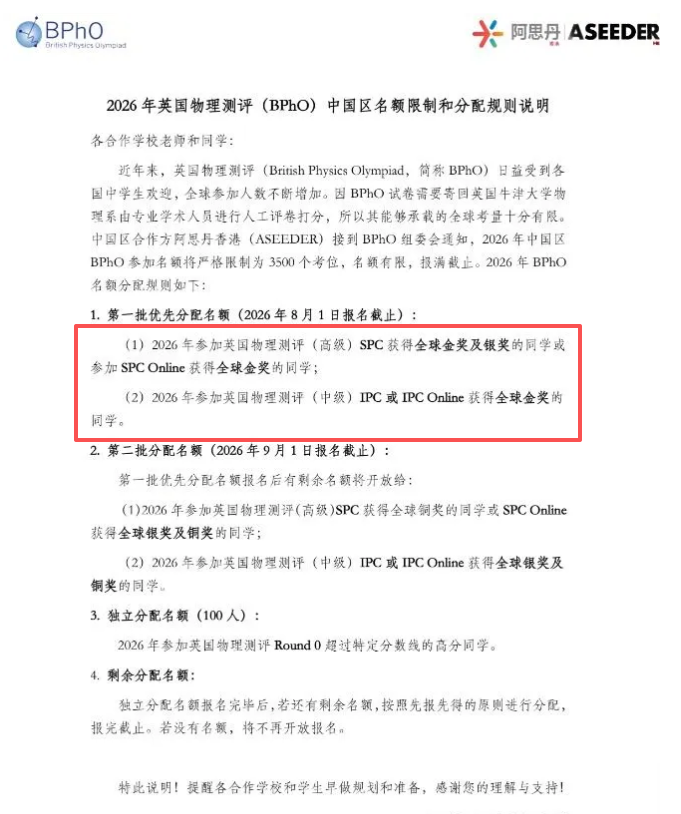本期为大家推荐苏黎世联邦理工大学、哥本哈根大学最新2025岗位制博士项目信息。
苏黎世联邦理工大学
PhD in Seed Pathogens and Masting
ETH Zürich | The Plant Ecology Group
APPLICATION DEADLINE:招满即止
The Plant Ecology Group at ETH Zürich, led by Professor Janneke Hille Ris Lambers, is seeking an enthusiastic PhD candidate to study how seed and seedling pathogens influence forest regeneration through its effects on and response to mast seeding. The PhD student will work collaboratively with the Plant Ecology Group (at ETH Zürich) and the Temporal Ecology Group (at University of British Columbia) to contribute to this project.
The reproduction of many plants is characterized by mast seeding, where boom and bust seed production years are correlated amongst individuals within populations due to their common response to a climatic trigger. Masting is thought to have evolved to foil seed predators, whose populations shrink during non-mast years when overall seed availability is low and cannot grow their populations fast enough to consume all seeds during mast years, allowing some seeds to ‘escape’ consumption. However, most studies of such seed consumers focus on mammals, birds and insects - ignoring the possibility that soil-borne pathogens can also strongly limit recruitment. Whether or not soil pathogens contribute to the evolution of the masting strategy depends on their spatio-temporal effects, and whether they are generalist or specialist.
Job description
Tasks will include lab-based experiments followed by sequencing to identify seed - pathogen networks, field observations and experiments exploring the relationship between seed production and seedling recruitment in mast and non-mast years, and statistical modeling. The PhD student will contribute to the annual collection of long-term data from Mt. Rainier National Park and / or Switzerland LWF forests. The PhD student will also have the opportunity to develop their own analyses or field experiments within this broad theme. Finally, the PhD student is expected to contribute to group responsibilities (e.g. teaching, outreach, lab activities) within the department and university.
Profile
You have the following attributes:
- Enthusiasm and interest in the scientific background of the project
- Ideally, familiarity with lab-based skills needed to work with seed pathogens
- Ability to work independently and collaboratively
- Commitment to a collegial and inclusive workplace
- Experience with statistical modelling and related programs (e.g. R statistics)
- Field work experience and a valid driver's license
- Willingness to travel and stay in the US for data collection for 1-2 months
- Advanced English (oral and writing)
Curious? So are we.
Application process: We look forward to receiving your online application, including the following documents, each uploaded as a separate pdf. Please include your last name in the title of any file uploaded (e.g. Aziz-CV.pdf, Chang-MscDegree.pdf, Meier-MscTranscript.pdf). No cover letter is required, but you will be asked questions about your motivation and experience as part of the online application.
- A resume, including information on your educational background, scientific publications and presentations, and any relevant research/work/volunteering activities. This should not be longer than 4 pages (a 2 page CV if complete is fine).
- A copy of your MSc degree certificate (including thesis title).
- A transcript - the list of courses you have taken and the grades your received.
The deadline for application is June 27, and we aim to conduct interviews in mid July and make a decision by August. The ideal start date would be in fall of 2025 (October - December), but this will also depend on how long the paperwork takes to complete. Please note that we exclusively accept applications submitted through this online application portal, and applications via email or postal services will not be considered. Incomplete applications will also not be evaluated.
Questions regarding the position can be directed to Dr Janneke Hille Ris Lambers (jannekeh@ethz.ch). Please include an informative subject (e.g. “Questions about Seed Pathogen PhD position”).
哥本哈根大学
PhD Fellowship in machine learning for protein function and foundation modeling in biology
University of Copenhagen | The Machine Learning for LIfe Science (MLLS) Center
APPLICATION DEADLINE: 15 June 2025
About the MLLS Center
The Machine Learning for Life Science Center is currently funded by the Novo Nordisk Foundation until the end of 2026. The principal investigators are from the Department of Computer Science and Biology, University of Copenhagen and DTU Compute, Technical University of Denmark and all are working on machine learning methodology inspired by applications in life and natural sciences. The Pioneer Centre for Artificial Intelligence at University of Copenhagen serves as host for the Center’s activities.
For more information on the Center's activities and researchers, please see http://mlls.dk.
About the CAZAI project
Cazyme specificity prediction using AI (CAZAI) is a collaborative research project headed by professor Bernard Henrissat, DTU Bioengineering, Technical University of Denmark (DTU) with Co-PIs, professor Ole Winther, Department of Biology, University of Copenhagen (UCPH) and Research engineer Renaud Vincentelli, Aix-Marseille University. CAZAI is funded by the Novo Nordisk Foundation and runs until the end of 2027. The project aims at improving the functional characterization of carbohydrate-active enzymes through predictive machine learning and experimental data collection and validation.
The advertised position will have Ole Winther as main supervisor.
The PhD project
The PhD position aims at
- improving models for detailed functional predictions for protein in general and carbohydrate-active enzymes in particular and
- developing foundational machine learning models for understanding the interplay between genomics, transcription and disease.
Who are we looking for?
The ideal candidate has a background in machine learning, with an MSc preferably in machine learning, bioinformatics, computational biology, or a related field. The candidate has a strong motivation for doing multidisciplinary research as well as for developing machine learning models to advance the state of the art in biological sequence analysis.
The projects will include advancing models for sequence-based predictions in general, and for carbohydrate-active enzymes. Using large-scale public datasets, projects will be conducted to train foundational models jointly at DNA and RNA incorporating pertubations with the aim at understanding mechanisms relevant for human disease.
Furthermore, the projects will encompass thorough data curation pipelines based on several biological databases, executing various systematic analyses of biological data, and performing experiments related to finetuning of large language models trained on biological sequences.
To qualify for this position, you should have a number of the following qualifications:
- Curious mindset with a strong interest in the research themes of MLLS and CAZAI.
- Knowledge and experience in working with protein language models.
- Strong programming skills in Python, with a particular focus on experience in PyTorch.
- Experience with carrying out a bioinformatics workflow pipeline, including thorough data curation, analysis and modeling.
- Experience with Linux, including working in high-performance computing environments.
- Strong background in biology, including knowledge of phylogeny and taxonomy.
- Analytical mindset and ability to work systematically.
- Great ability to work both independently as well as in collaborations.
- Excellent English language skills.
- University-level teaching experience is a plus.
The PhD programme
The PhD programme offered is three years of full-time study within the framework of the regular PhD programme (5+3 scheme).
Qualifications needed: To be eligible for the regular PhD programme, you must have completed a degree programme, equivalent to a Danish master’s degree (180 ECTS/3 FTE BSc + 120 ECTS/2 FTE MSc) related to the subject area of the project, e.g. Computer science, Machine learning, Bioinformatics or other related technical disciplines. For information of eligibility of completed programmes.
Terms of employment in the regular programme
Employment as PhD fellow is full time and for maximum 3 years.
Employment is conditional upon your successful enrolment as a PhD student at the PhD School at the Faculty of SCIENCE, University of Copenhagen. This requires submission and acceptance of an application for the specific project formulated by the applicant.
The terms of employment and salary are in accordance with the agreement between the Ministry of Finance and The Danish Confederation of Professional Associations on Academics in the State (AC). The position is covered by the Protocol on Job Structure.
Responsibilities and tasks in the PhD programme
- Carry through an independent research project under supervision
- Complete PhD courses corresponding to approx. 30 ECTS / ½ FTE
- Participate in active research environments, including a stay at another research institution, preferably abroad
- Teaching and knowledge dissemination activities
- Write scientific papers aimed at high-impact journals
- Write and defend a PhD thesis on the basis of your project
We are looking for the following qualifications:
- Professional qualifications relevant to the PhD project
- Relevant work experience
- Relevant publications
- Other relevant professional activities
- Curious mind-set with a strong interest in the research themes of MLLS and CAZAI
- Excellent English language skills
Please include:
- A statement describing your research interests, experience and background, and your motivation for applying for a PhD position at the Department of Biology (maximum two pages, text, figures and references included).
- Curriculum vitae including information about your education, experience, any publications, language skills and other skills relevant for the position
- Original diplomas for Bachelor of Science or Master of Science and transcript of records in the original language, including an authorized English translation if issued in another language than English or Danish. If the education is not yet completed, a certified/signed copy of a recent transcript of records or a written statement from the institution or supervisor is accepted.
- Publication list (if possible)
- Reference letters (if available)
Application deadline:
The deadline for applications is 15 June 2025, 23:59 GMT +1.
We reserve the right not to consider material received after the deadline, and not to consider applications that do not live up to the abovementioned requirements.
Questions
For specific information, please contact Ole Winther (ole.winther@bio.ku.dk).















